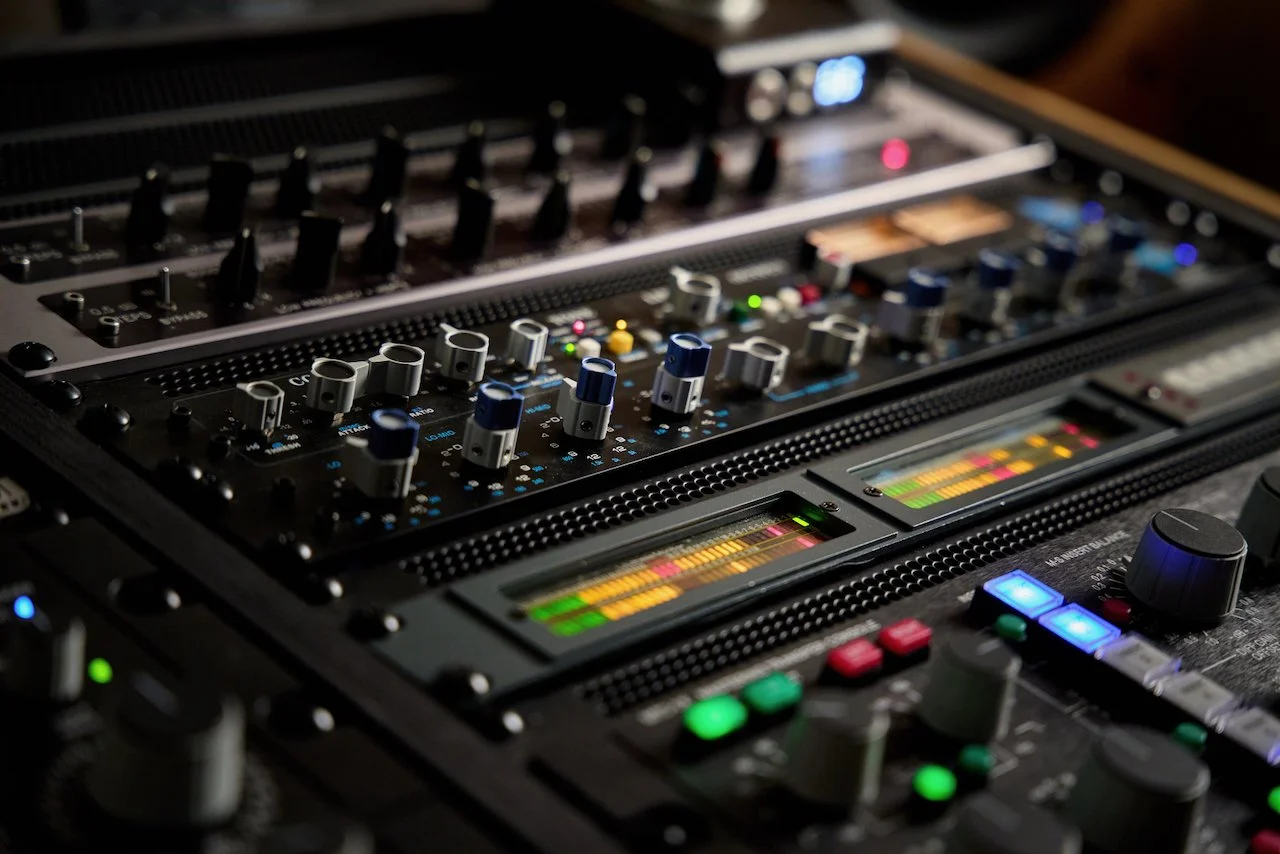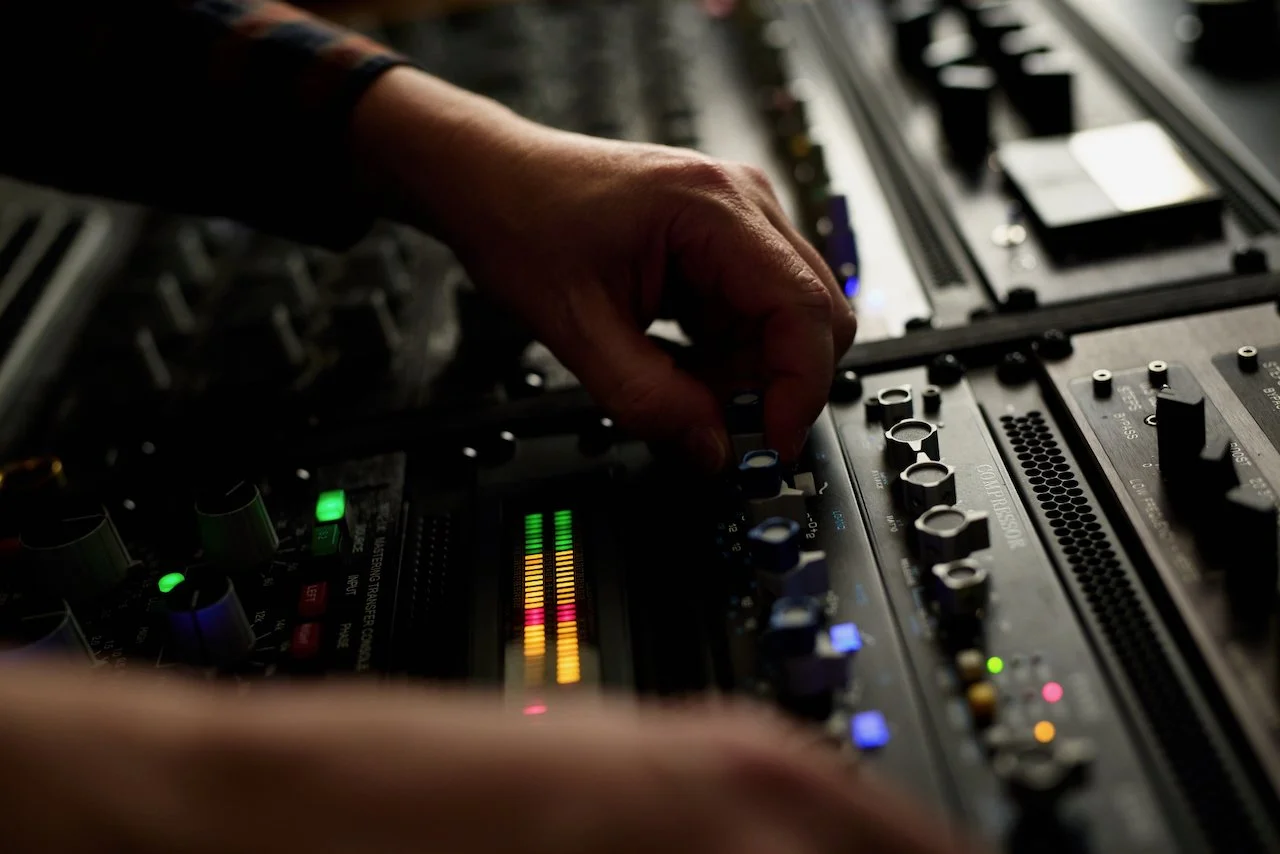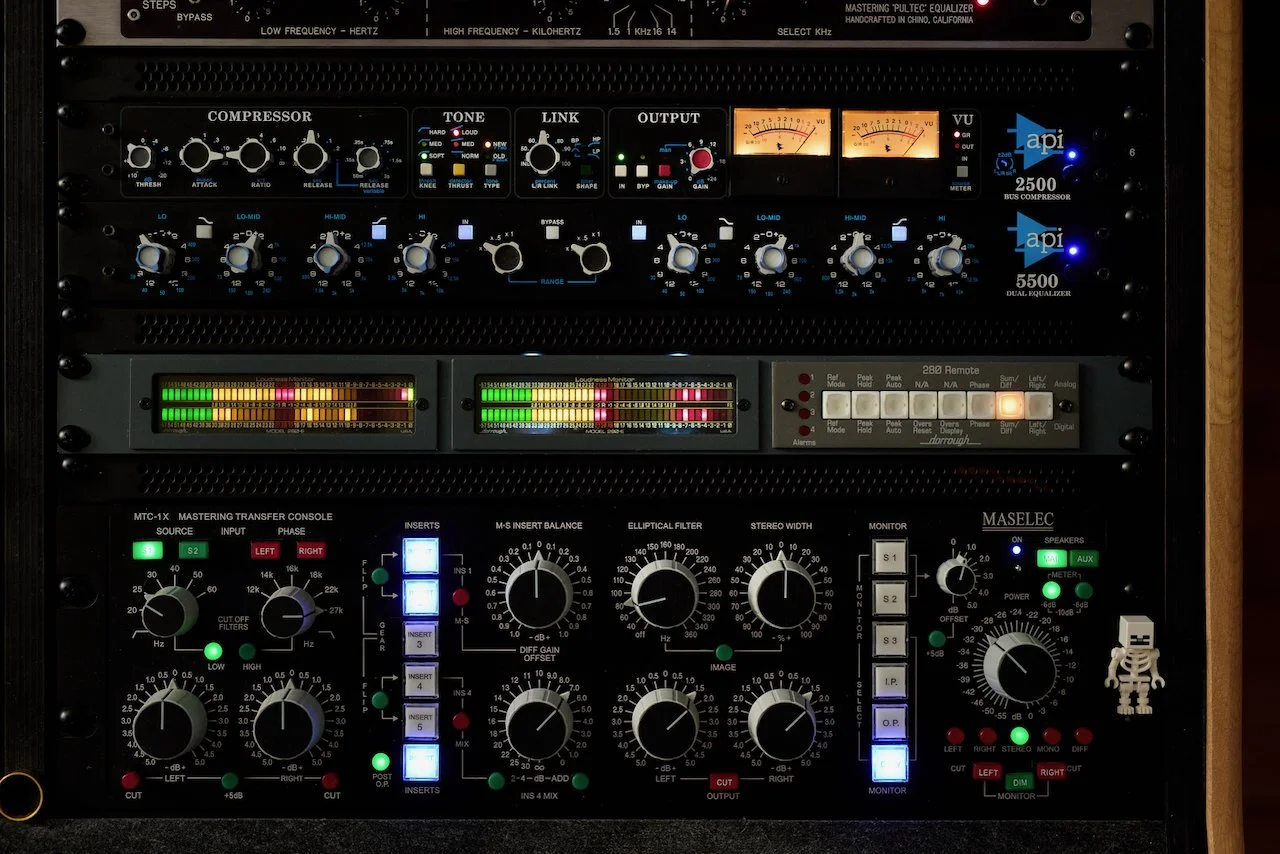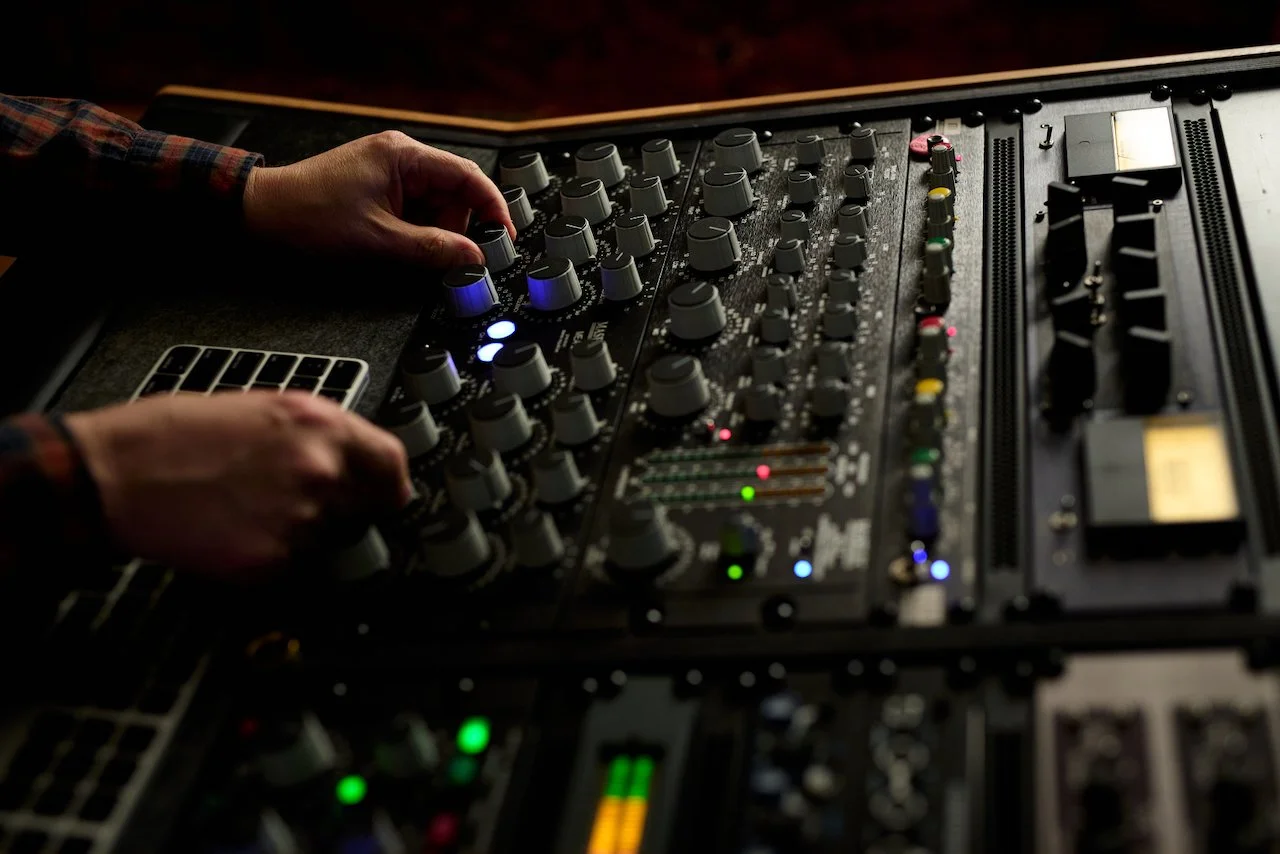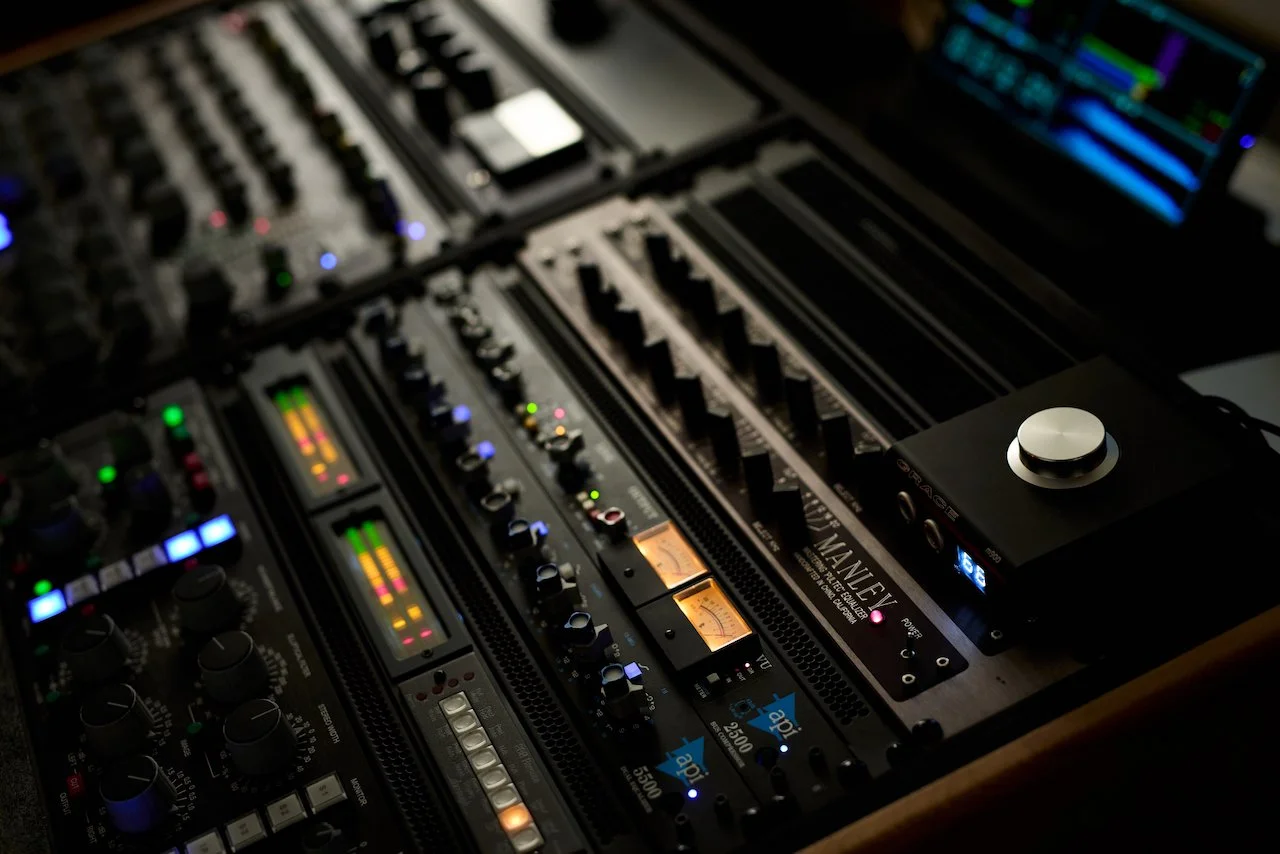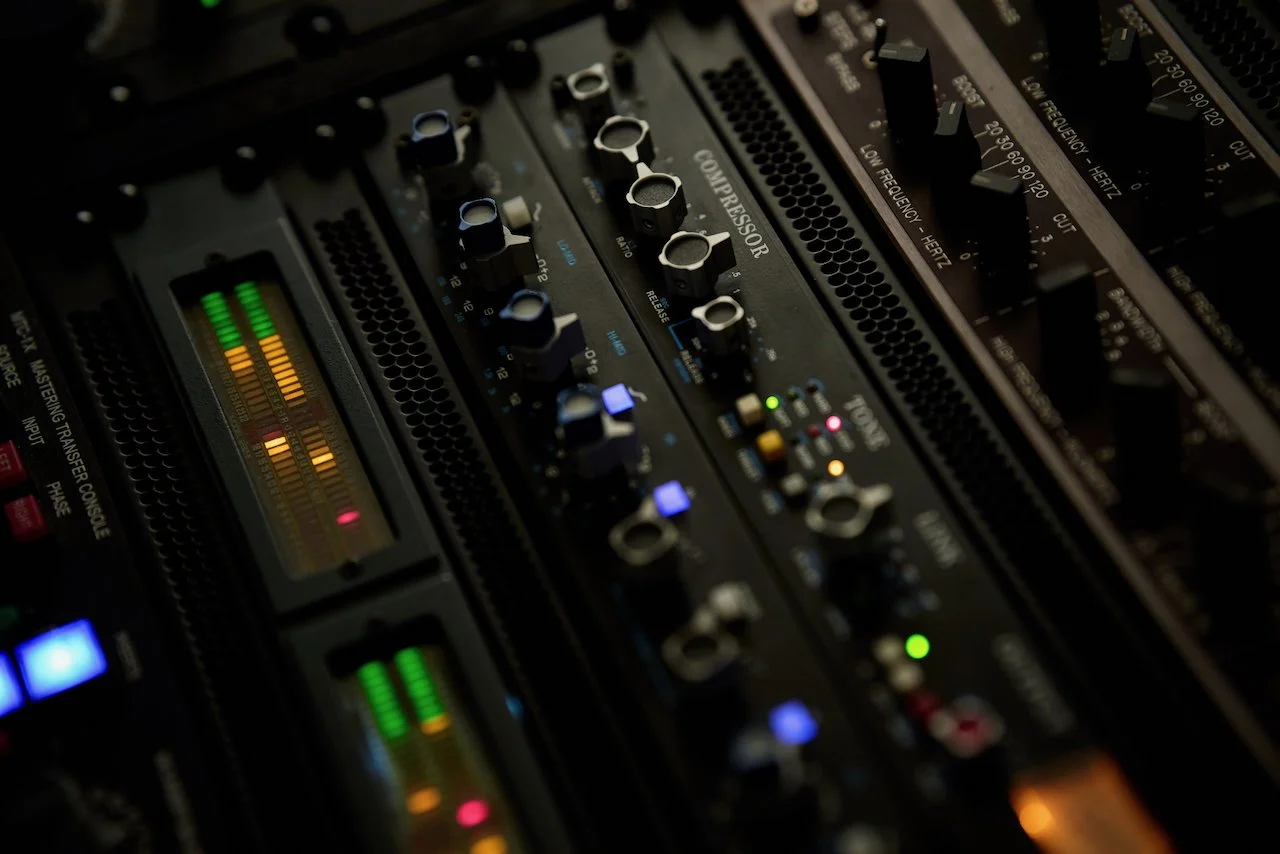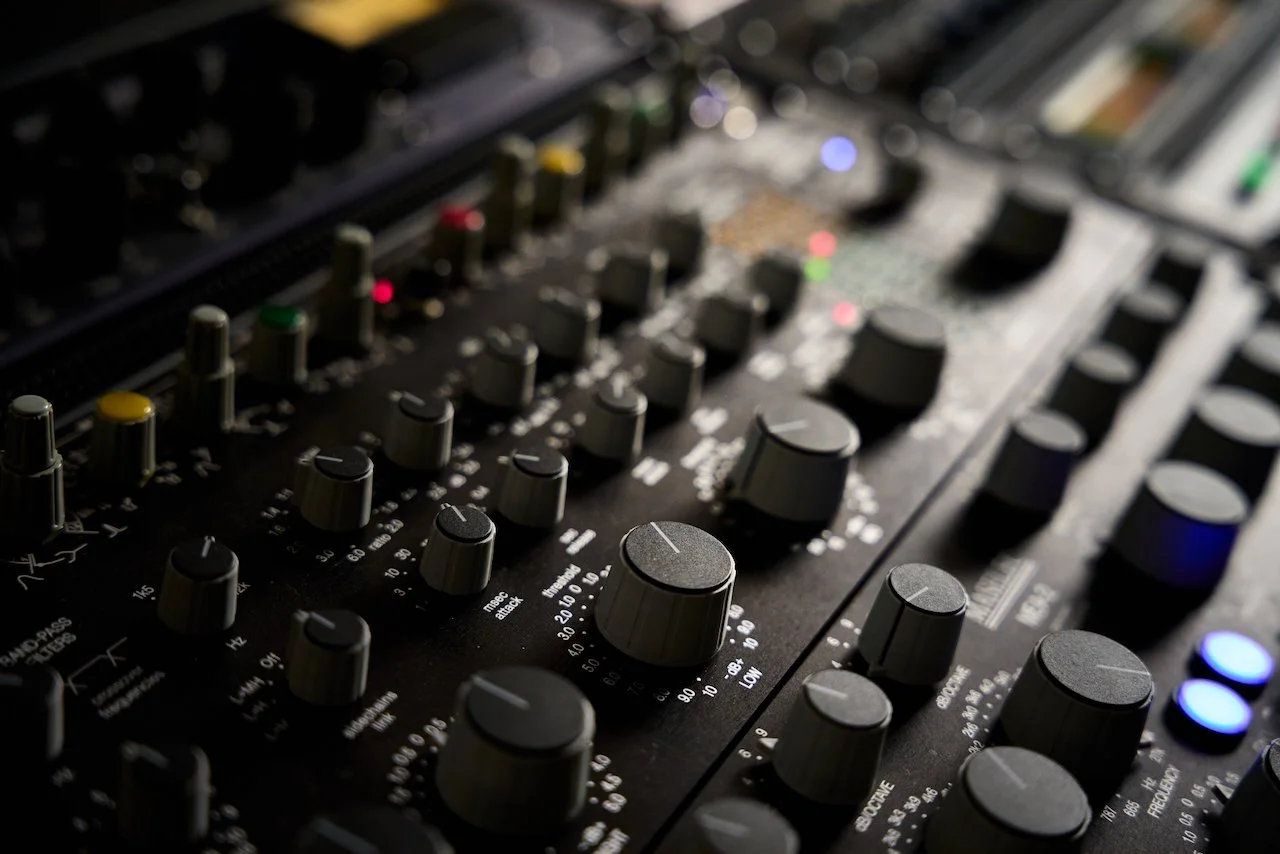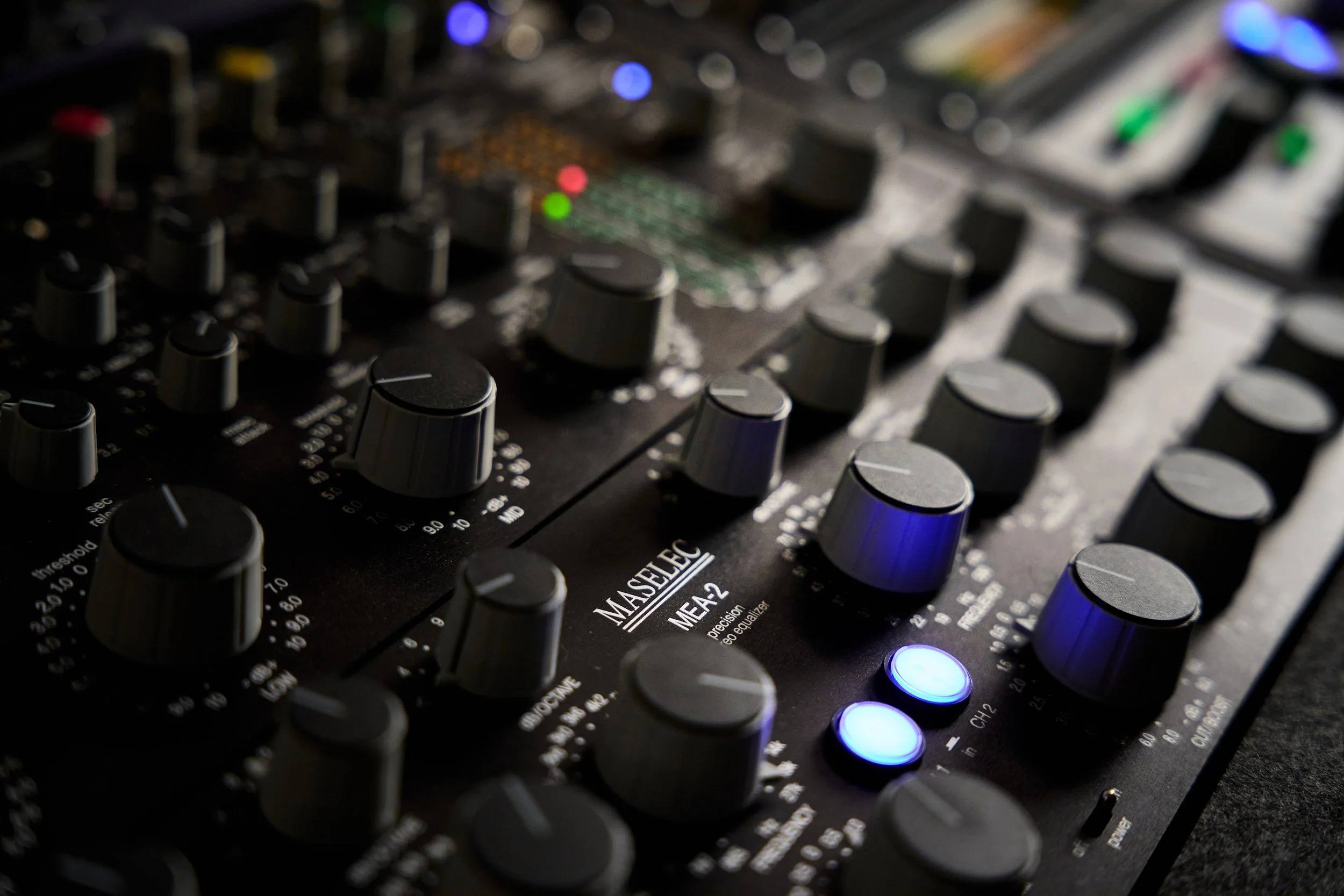
Frequently Asked Questions
-
Mastering is the process of finalizing music by delicately balancing art and science. Mastering relies on empirical data, collected through technical analysis. Mastering requires emotional insight, steered by intuition and a deep connection to the music. Great records are born from a balance of both.
Generally speaking, mastering is composed of three discrete processes:
QUALITY CONTROL to identify and correct errors
FINE-TUNING the program audio objectively
ASSEMBLING the required files for distribution
Mastering is the last stop your record makes before it’s released into the world. It’s the last chance to get everything right and to make it the best version it can be. These finishing touches are my specialty and my passion. Your record deserves nothing less.
I wrote an article that provides more detail about what mastering is.
-
My approach always starts with listening, really listening. After years behind the desk, I’ve learned that the best mastering begins by understanding the artist’s intent, hearing the subtle details in the mix, and spotting any disconnects between the two. Only then do I reach for any tools.
Using a finely tuned chain of tools, I make both micro and macro adjustments, rounding harsh edges, enhancing low-level detail, and balancing dynamics. The goal is always to bring cohesion, clarity, and a finished feel to the record, with just the right dose of loudness, movement, and vibe.
But mastering isn’t just about shaping the sound, it’s also a critical layer of quality control. I’m always checking for mix issues that could get in the way of translation: pops & clicks, distortion, phase problems, harshness, tonal imbalance, or anything that might cause trouble down the line. Sometimes, the most important move is catching an error, not making a change.
The moves I make might be incremental, but they are intentional and impactful. And, you can rest assured I won’t make changes for change’s sake.
As a former artist, producer, studio owner, and mix engineer, I’ve stood on all sides of the glass. I understand what you’re aiming for, and what it takes to get there, because I’ve been in your shoes.
Finally, a master is only as strong as the mix it begins with. I am always happy to provide mix feedback in advance to ensure the foundation is in place for a clean, confident, and well-translated master.
If you want to learn more about me, click here.
-
The quickest way to get on my schedule is to complete the intake form. I cannot begin work without it. Even if your mixes are still in progress, submitting the form early helps secure your place in the queue and ensures we can meet your timeline.
But in general:
Singles: 5 business days
EPs: 7 business days
Albums: 2 or more weeksPlan accordingly.
If you have a specific or urgent deadline, please let me know. I can usually accommodate, and there is an option on the intake form to request rush service when time is tight. If my schedule allows, I will prioritize the project.
Clear communication and planning ahead are always the best approach. I will set expectations before work begins and keep you updated if timing shifts for any reason.
-
I like to be transparent with the money stuff. My 2026 rates are posted here, and if you’d like a tailored quote for your project, please fill out my intake form. It’s quick, and helps me get you a price fast.
-
No. But sometimes, yes.
I include two revisions in the base mastering fee. In practice, many projects are approved without needing them, largely because I spend time upfront understanding what you are aiming for. Before any work begins, I listen carefully to the mix, review references, and make sure I have a clear sense of your intent and priorities.
When revisions do come up, they are typically small refinements such as track spacing, sequencing, loudness, or subtle shifts in tone or impact. If a project starts to require multiple rounds of sound-related changes, it can be a sign that something in the mix itself may need adjustment. In those cases, I am always happy to offer guidance on what to address before moving forward.
If you decide to send an updated mix after mastering, just know that a new session will need to be created from scratch. Mastering isn’t a one-size-fits-all preset I can simply drop a new file into. Every mix is unique (no matter how minute the change is) and calls for a fresh approach. I also run a full round of quality control on any new mix, and that takes time.
The goal is always clarity and efficiency. I want the final master to reflect your intent with confidence, and revisions are simply one part of a thoughtful, collaborative process.
-
You can call it whatever you want. I love vinyl and you do, too. That's what matters. We can love it together.
However, in both casual and professional conversations, especially in the music industry, "vinyl" is treated as an uncountable or mass noun, similar to how you would refer to "furniture" or "equipment."
Personally, I consider vinyl an adjective, mostly. So the singular would be a "vinyl record". And the plural would be "vinyl records".
Sometimes I use it as a noun. For example, "Let's go shopping for vinyl." I would never say, "Let's go shopping for vinyls." The plural is inferred.
There you go, and knowing is half the battle.
-
Mat LEF-ler SHULL-min
/mæt ˈlɛf.lər ˈʃʌl.mɪn/

